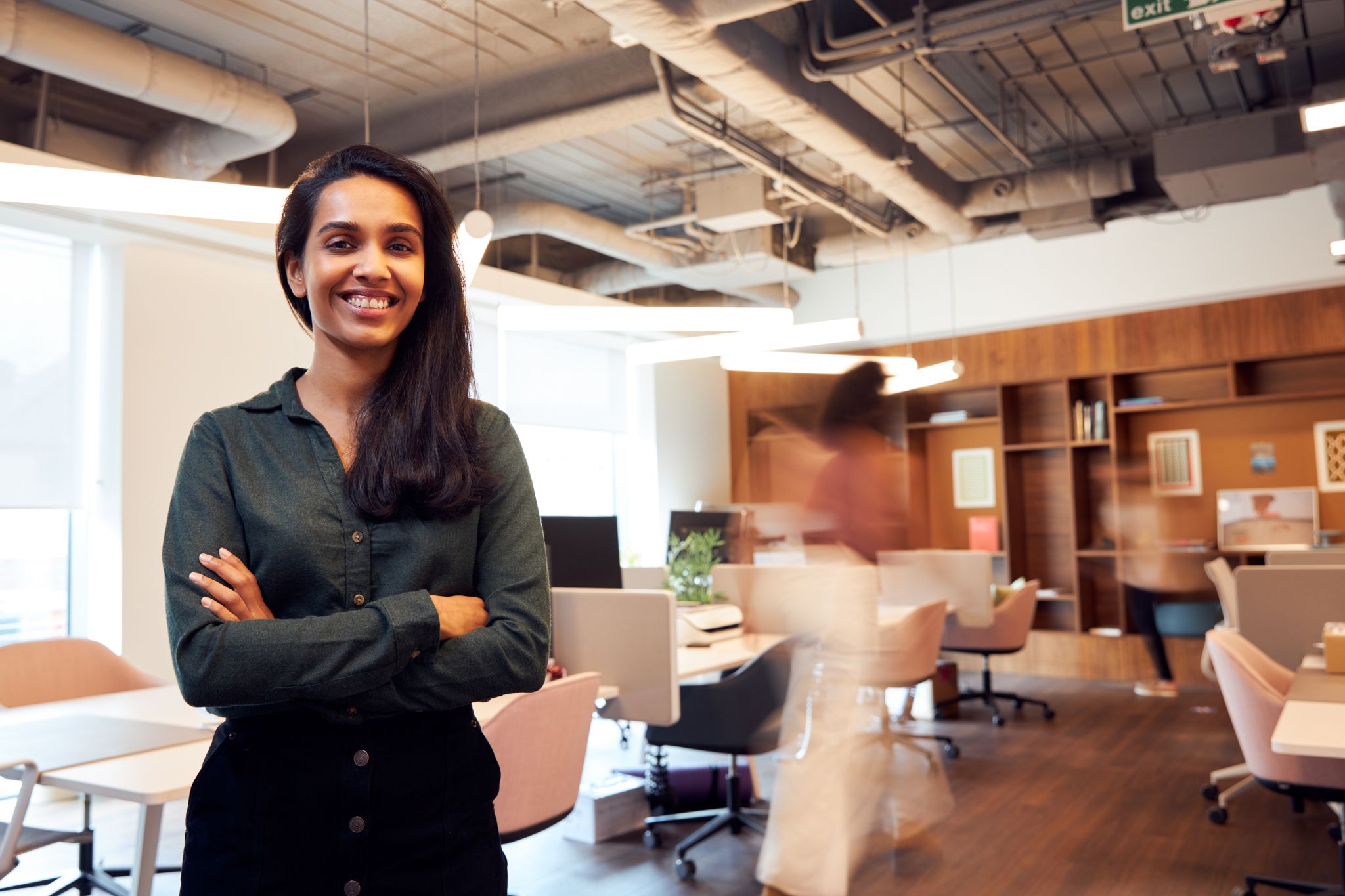Enhance Your L&D Roadmap Strategy Using Gilbert’s Behavioral Engineering Model
Designing a good roadmap that articulates your organization’s L&D strategy is not an easy feat. It requires the ability to take into account current and future training needs, coordinate efforts with other departments to support employee development, and ensure that adequate infrastructure is in place to support L&D goals. A roadmap is a strategic vision that outlines the L&D initiatives within an organization. It serves as a guide for L&D professionals, organizational leaders, and employees within an organization, providing the steps needed to ensure that learning initiatives are aligned with the organization’s strategic objectives, supporting continuous learning and improved performance. In this blog, we’ll explore the key elements necessary for building an effective L&D roadmap, and how to use Gilbert’s Behavioral Engineering Model (BEM) as a framework for enhancing your L&D roadmap for better learning outcomes.
What makes an L&D roadmap successful?
A well-constructed L&D roadmap should begin with a comprehensive needs assessment. This involves analyzing current performance levels, identifying skills gaps, and determining future skill requirements. The data yielded from the needs assessment should steer L&D programming. This information can be used to establish clear learning objectives and identify appropriate metrics to measure learning and performance.
Another important component of an L&D roadmap is identifying the target audience for each training initiative. This includes defining the learning audience(s) for various learning initiatives. Understanding the target learning audience allows for customizing training content and methods to meet employee and organizational learning goals. Other components that should be outlined in an L&D roadmap include resources, budget, and timelines. Key milestones should be identified to ensure progress is being made.
No different than any other L&D program, a roadmap should also include an assessment plan with desired metrics to help your L&D team and organizational leadership measure success. This involves setting up mechanisms for feedback, testing, and performance tracking to determine if learning objectives are met and to identify areas for improvement. It is important to remember that a successful L&D roadmap is what addresses adequate infrastructure.
Using Gilbert’s Behavioral Engineering Model in your L&D roadmap
Gilbert’s Behavioral Engineering Model (BEM) provides a structured framework for analyzing performance issues by examining both environmental and personal factors. By identifying the root causes of performance gaps, organizations can develop targeted learning and development interventions that address the specific elements affecting employee performance. This comprehensive approach ensures that all potential barriers to performance are considered, leading to more effective solutions.
By leveraging the BEM, L&D professionals can design training programs that address the root causes of performance issues and create an environment conducive to learning. By considering the three factors—Information, Instrumentation, and Motivation— as they relate to environmental support and employee performance, L&D professionals can develop targeted interventions that enhance employee performance.
- Information: This factor pertains to the clarity and availability of information necessary for employees to perform their tasks effectively. It includes goals, expectations, and feedback mechanisms.
- Instrumentation: This refers to the tools and resources available to employees to perform their tasks. It encompasses everything from physical tools to software and systems used in the workplace.
- Motivation: Motivation is concerned with the incentives and rewards that encourage employees to perform well. It includes both intrinsic and extrinsic motivators. Examples include rewards and other incentives to improve performance.
Within the BEM framework, these three factors are examined at the environmental level from an infrastructure and employee performance perspective. When you are building an L&D roadmap, your team can ask itself whether information, instrumentation, and motivation are adequately addressed at the environmental (organizational) level and performer (employee) level. This ensures that employees are provided with the necessary tools and resources needed to be successful.
Developing an effective L&D roadmap is a multifaceted endeavor that requires thoughtful planning and strategic alignment with organizational goals. By conducting a thorough needs assessment, identifying target audiences, and considering essential components like resources, budget, and timelines, organizations can create a comprehensive framework for employee development. Incorporating Gilbert’s Behavioral Engineering Model further enhances this process by offering a structured approach to diagnosing and addressing performance gaps.
By focusing on the key factors of information, instrumentation, and motivation, L&D professionals can design training programs that not only equip employees with the necessary skills but also foster an environment that supports continuous learning and growth. With a comprehensive and well-executed L&D roadmap, organizations can ensure that their workforce remains agile, capable, and aligned with their strategic goals.




